Irada Ayupova: ‘If we don't change, people will stop coming to us in five years’
How Irada Ayupova exhorted cultural workers: online reality, ecology of information culture, new challenges
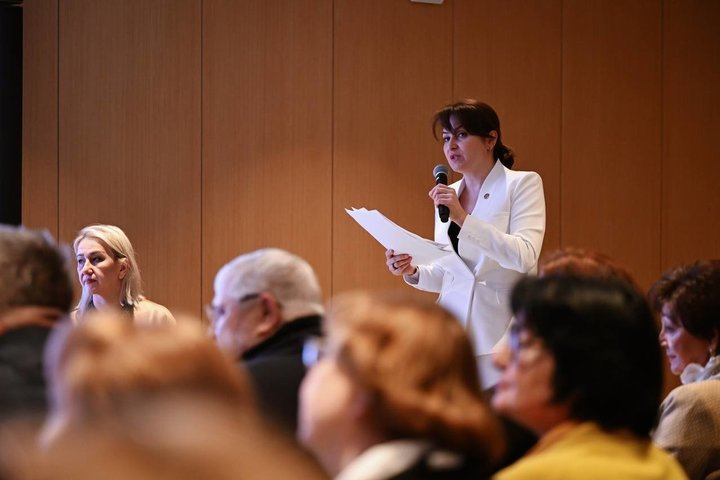
On the eve of Cultural Worker's Day, everyone — members of the Council for Culture and the Arts, deputies of the State Council of the Republic of Tatarstan, and employees of relevant departments — gathered on the third floor of the new Kamal Theatre building, in the premises of the outdoor theatre laboratory. In short, from Alexander Sladkovsky to representatives of the districts. Everything was to talk about artificial intelligence, digital footprint, and the fact that the children of those in the audience were not interested in their work. Read the details in the material of Realnoe Vremya.
Transformation of trust
No one will comply with the regulations, said Deputy Prime Minister of Tatarstan Leila Fazleeva, so the event stretched from 85 minutes to more than two hours. Everything was to discuss the topic “Digital transformation in the field of culture and art.”
The tone was set by Minister of Culture of the Republic of Tatarstan Irada Ayupova:
“Today's transformation is not a transformation of technology, it is a transformation of trust,” she noted, and then turned to the issue of the generation gap: “Your children and your grandchildren are not interested in your opinion when making a decision. They google, search at Yandex, and make decisions about where to go and what to do, not based on your experience or the experience of the previous generation. These are people, these are whole generations, who make decisions based on information that goes on social networks, that goes on search engines. In reality, this is a very big problem, because it is very difficult to bring this audience back to us today.”
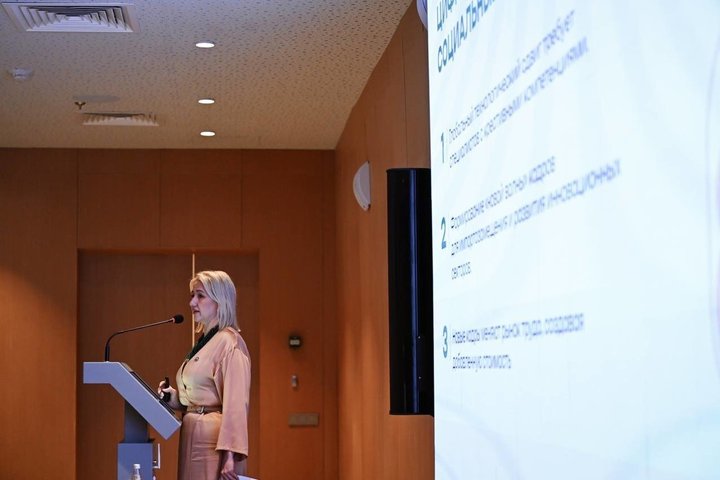
Ayupova recalled the pandemic, when culture quickly began to move into the digital space: “We had to justify our mission, we had to justify our work.” As a result, it turned out that many people are not competitive in the digital environment, thanks to the youth, they helped out.
“First of all, you and I need to rethink the forms of interaction with target audiences. The way we worked before won't work," said the minister of culture.
It's not just about promotion. For example, there are questions about online sales registers.
“By its nature, online sales are only an advance payment. Anyone can come and demand their money back two days before the event," Ayupova said. “If we don't learn how to properly attribute ourselves today, we will be unprotected not only from unscrupulous buyers of these tickets, we will be unprotected from law enforcement agencies.”
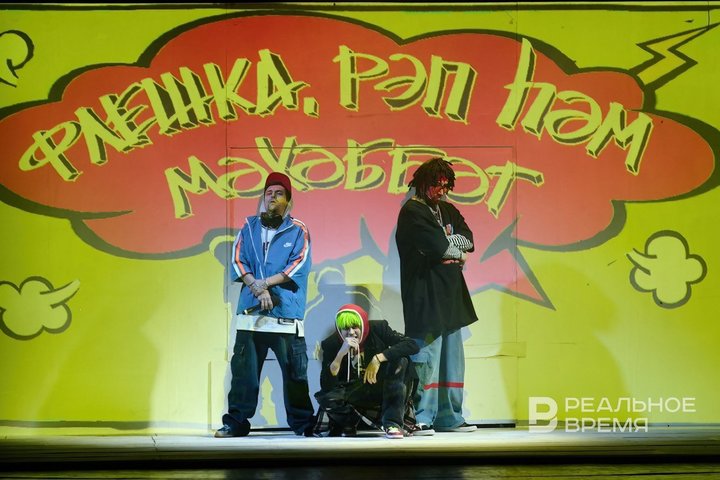
Who is ‘Flash Drive, Rap and Love’ for?
Therefore, Ayupova outlined two goals. First, cultural workers need to change, learn how to fill content with new content — understanding what it is. And she gave an example: the Tinchurin Theatre's play “Flash Drive, Rap and Love," tickets for which are also sold on the Pushkin Card. Feedback: if this is a performance for an audience of 14-15 years old, then they no longer know what a flash drive is.
“The second issue is, of course, the struggle of meanings," the minister continued. “If we don't provide enough content today, others will create it for us, and we will simply solve situations where other people, often unscrupulous, will actually promote their ideology through digital content.”
This means that we need to produce content and build a system for its promotion
“We have the Academy of Sciences here," Ayupova said. “This is one of the problems that we cannot solve without you.”
She also addressed the issue of the digital footprint, which needs to be analysed in order to respond more adequately to changes, as well as the development of infrastructural systems, in particular information security.
“Another aspect is the ecology of information culture," Ayupova added. “Because without a properly built data security system, without a properly built control system to ensure that certain data does not hurt the feelings of believers, do not hurt the feelings of representatives of different nationalities, you and I can very often find ourselves in difficult situations.”

Your personal AI lawyer
Then Ayupova recalled the situation with the lawsuit against the Ekiyat theatre regarding the use of national heroes: “The issue that we have today is only one first caller, when the company registered the right to Shurale, Su Anasy, and today it demands that we pay for the national property.”
Ayupova said that on Monday this issue will be discussed in the Federation Council, already in terms of amendments to the current legislation. But similar problems will continue to arise.
Therefore, one of the speakers was IPCodex Deputy CEO Vitaly Illarionov, who devoted his speech to the topic of copyright in museums. On the one hand, he pointed out, the museum, as the owner of an object, can not only exhibit it, but also transfer it for commercial use. At the same time, the author's right remains, and therefore there are already stories when an artist sues for publishing a work in a catalog or using it in printed and textile products.
Turn to lawyers, the experts concluded. Or at least to someone who works with legal documents and, said Ksenia Kuznetsova, the head of the Department of Information and Communication Technologies at the National Research University of Technology and head of the Communication Department of the Department for the Development of Artificial Intelligence and Machine Learning.
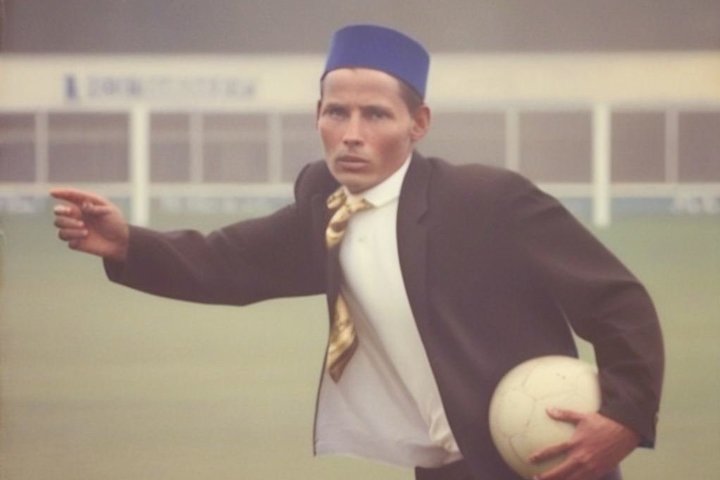
Sergey Matveev, CEO of EligoVision LLC and an expert in the field of artificial intelligence, compared the situation with AI to the history of nuclear tests, when Geiger counters were already initially infected. And in the case of digital intelligence (Matveev really liked this term) we can see how it starts creating, for example, new images in recursion. It's interesting to watch this, but what will it lead to?
Do you remember how crowded the shopping centres were?
“Don't be afraid of progress, you have to let it into your life," Kuznetsova admonished the mastodons of culture. “At the same time, understand how it works. We are still superior to machines. At the same time, the possibility of artificial intelligence should not be overestimated. Vladimir Vladimirovich comes to us every year for the big international conference “Journey into the world of artificial Intelligence," she turned to examples. “Believe me, he is perfectly immersed in this subject, jokes in such a way that we are always delighted with how well he understands everything. So it's not scary, it's not a magic wand, it's interesting.”
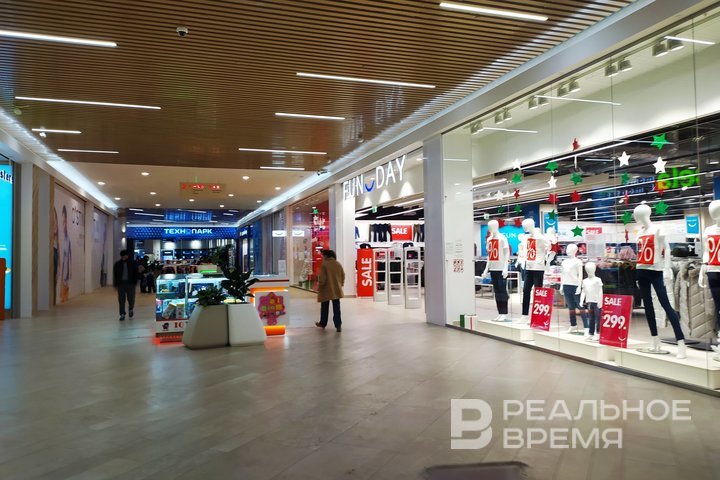
“You probably remember how crowded shopping centres were 15 years ago. Now they are empty because everything is sold online. If we don't change, people will stop coming to us in five years. We will be uninteresting and not in demand. And they'll cut us down," Ayupova practically scarecrowed. “Changes happen incredibly fast. To use AI to our advantage, we must initiate projects in this area ourselves. Yes, we have many other important issues. But if we don't ask ourselves about the future, then what will happen tomorrow? Happy holidays, Happy Cultural Worker's Day, Artisan's Day and, of course, happy Theatre Day!”